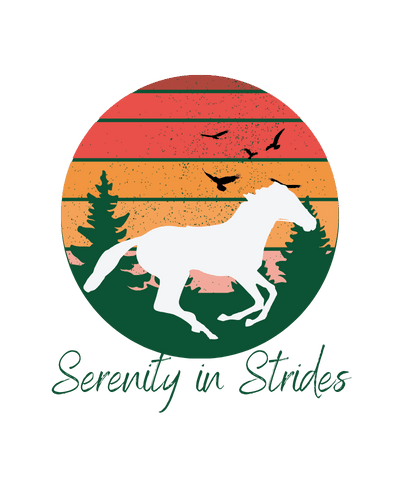Harnessing the Power of DBT STOP Skill for Emotional Regulation On and Off the Horse
Introduction
In the realm of emotional regulation, the Dialectical Behavior Therapy (DBT) STOP skill serves as a valuable tool for managing and navigating intense emotions effectively. When harnessed in the context of equine activities, this skill fosters emotional balance and cultivates mindfulness and resilience. Join us as we explore the transformative potential of utilizing the DBT STOP skill both on and off the horse, providing a holistic approach to emotional regulation.
Understanding the DBT STOP Skill
The DBT STOP Acronym
The DBT STOP skill is an acronym that stands for:
S: Stop
T: Take a step back
O: Observe
P: Proceed mindfully
This skill is designed to interrupt the intensity of emotions, encourage a mindful pause, and empower individuals to respond to situations with greater clarity and composure.
Implementing the STOP Skill During Equine Activities
Stop and Take a Step Back
The first step in equine activities is recognizing when emotions intensify. Whether it's frustration, anxiety, or overwhelm, pausing the activity and taking a step back can create space and prevent impulsivity.
Observe the Present Moment
With the equine companion as a grounding focal point, individuals can cultivate mindfulness by observing their surroundings, sensations, and emotions. This step encourages a non-judgmental awareness of the present moment and offers insights into their emotional experience.
Proceed Mindfully
Once emotions have been acknowledged and understood, individuals can proceed mindfully. This may involve resuming the equine activity with a renewed sense of emotional balance, communicating assertively with the horse, or seeking support from a facilitator.
Translating the STOP Skill Off the Horse
Applying the STOP Skill in Daily Life
Beyond the equine environment, the DBT STOP skill applies to daily life. When confronted with challenging emotions, individuals can use the STOP skill to pause, step back, observe their feelings, and proceed mindfully. This helps to prevent impulsive reactions and fosters effective emotional regulation.
Cultivating Resilience and Empowerment
Embracing the STOP skill off the horse nurtures resilience and emotional empowerment in various situations. Whether navigating interpersonal conflicts, managing stress, or facing triggering circumstances, the STOP skill equips individuals with the tools to respond thoughtfully and skillfully.
Conclusion
Integrating the DBT STOP skill within equine activities offers individuals a unique opportunity to engage in holistic emotional regulation. By fostering mindfulness, resilience, and assertive communication on and off the horse, this skill demonstrates the transformative potential of incorporating therapeutic strategies into diverse facets of life.
As the tranquil presence of the equine companion intertwines with the wisdom of the DBT STOP skill, individuals are guided towards a harmonious equilibrium of emotional regulation, offering a pathway to empowerment and self-discovery.
